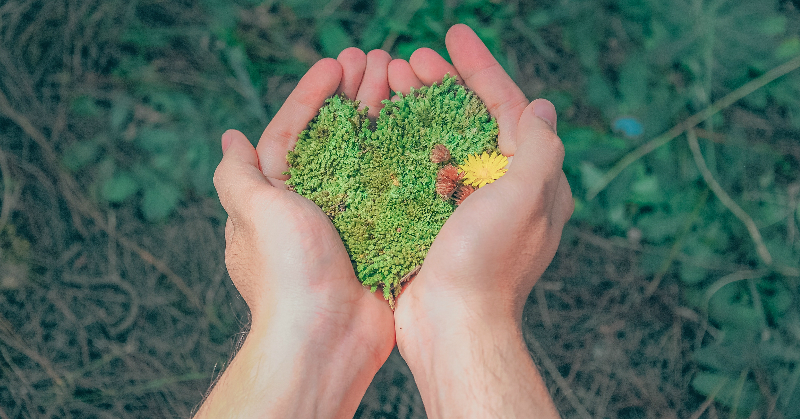Lifestyle
World Environment Day: 5 Everyday Things You Didn’t Realise Were Harmful To The Environment

We all try to do our bit for the environment, whether it’s avoiding single-use plastic or using public transport more often. The internet and social media have done a great job in bringing about awareness amongst all of us to be more conscious about harming the planet – after all, the Earth’s the only home’s we’ve got, at least for now (looking at you, Elon Musk). Every day, we come across shocking new revelations about things that are harmful to the environment. Here’s a list of five things that we bet you didn’t know are disastrous for the environment.
1. Sunscreen

Did you know that the sunscreen you slather yourself with every time you hit the beach has been partly responsible for coral bleaching? According to the BBC, experts believe 10 chemical ingredients found in sunscreen are highly toxic to marine life, and can make coral more susceptible to bleaching. In fact, the country of Palau has been the first to impose a widespread ban on sunscreen in order to protect its vulnerable coral reefs. The alternative? Experts suggest using eco-friendly sunscreens or organic mineral sunscreens instead.
Also read: Save Your Skin AND The Environment: Everything You Need To Know About Reef-Friendly Sunscreens
2. Contraceptive Pills
Sure, contraception pills are actually helping the environment by keeping the world’s population in control. However, a Swedish 2016 study revealed a drawback. In her doctoral thesis, Lina Nikoleris found the hormone ethinyl-estradiol (EE2) – a synthetic version of oestrogen found in birth control pills – was altering the behaviour as well as the genetics of some fish, like trout and salmon, when released into water as waste. According to Nikoleris, the EE2 makes it harder for the fish to catch food and even procreate. The consequences? This could lead to the complete disappearance of fish, which will have disastrous repercussions on the ecosystem. Unfortunately, pharmaceutical companies are yet to develop an alternative to contraceptive pills, but you could consider switching to other methods of birth control.
3. Rice
According to a study by Oxfam, rice accounts for one-third of the planet’s annual freshwater use. This is especially alarming in the Indian context, because not only is our country a large consumer of rice, but it also has several drought-prone regions such as southern and eastern Maharashtra, northern Karnataka, Andhra Pradesh, Odisha, Gujarat, Telangana and Rajasthan. While experts are working on developing newer methods for rice cultivation that reduce consumption of freshwater, it would be wise for farmers to switch to other grains in drought-prone regions.
Also read: 5 Electric Cars To Buy In India If You’re Thinking Of The Environment
4. Air Fresheners
It’s already well established that India has a staggering air pollution problem. But did you ever stop to consider that air fresheners could be contributing to this? According to a 2016 report by the UK’s Royal College of Physicians, people need to be wary of not just outdoor pollution, but also poor air quality in our homes, caused by everyday household products such as air fresheners. Most air fresheners that contain a citrus smell have a chemical called limonene, which is also used to flavour food. The chemical alone isn’t harmful, but can pose a big health hazard when released into air. It reacts with ozone and produces formaldehyde, exposure to which increases incidences of asthma, cancer and other illnesses. We’d recommend switching to organic air fresheners such as oil diffusers or beeswax candles.
5. Teabags
If you’re a chai drinker, we’re sure you love the convenience of a teabag. However, this convenience comes at a hefty price. According to a report by Which? Gardening, teabags produced by some of the top tea manufacturers – including Twinnings, Tetley and PG Tips – are only about 75% biodegradable. The bags are mostly made out of paper fibre, but contain a small percentage of plastic polypropylene, an ingredient that makes teabags heat-resistant and not fully biodegradable. Since teabags are single-use items, they end up contributing to landfill waste. To help reduce this waste, environmentalists suggest switching to loose tea leaves instead.
Also Read: World Environment Day Quotes
Images: Pexels
POPxo is now available in six languages: English, Hindi, Tamil, Telugu, Marathi and Bangla.
You May Also Like This:
Save Earth Slogans in Hindi
पृथ्वी दिवस का इतिहास
Benefits Of Reef Safe Sunscreen
Environment Day Activities
Environment Day Quiz
Environment Day Quotes in Hindi